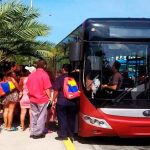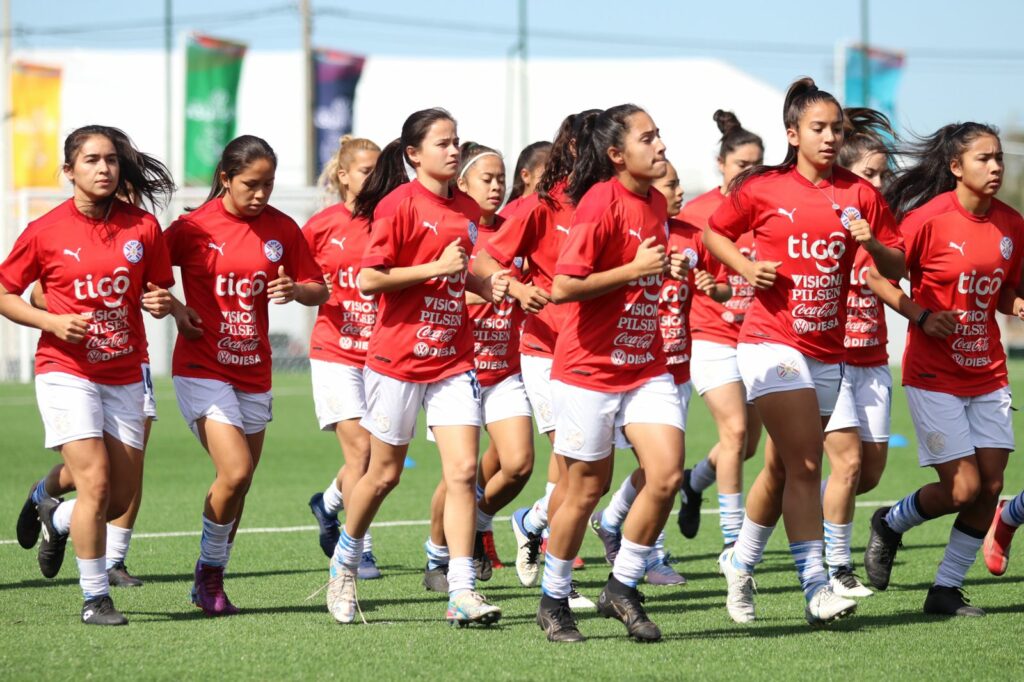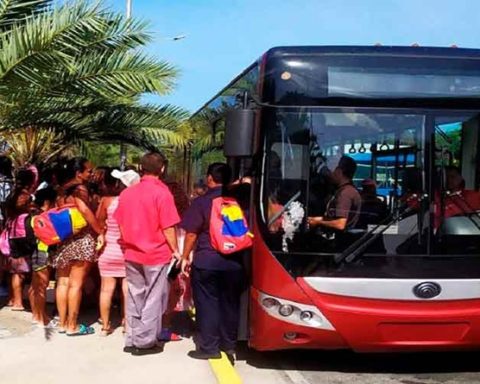The Inter-American Court of Human Rights (IACHR) granted provisional measures in favor of 45 political prisoners from eight prisons in Nicaragua, considering that their lives, health and integrity are at risk of a situation of “extreme gravity and urgency”, ordering the regime of Daniel Ortega and Rosario Murillo their “immediate release.”
“The conditions in which the 45 detainees find themselves show the extreme seriousness and urgency that risks to their health, integrity and life materialize, due to the precarious conditions of detention, health, lack of access to required medical attention. , to the lack of adequate food, to the threats suffered, for that reason, this Court will proceed to adopt these provisional measures”, reported the president of the Inter-American Court, Ricardo Pérez Manrique, in a virtual notification session held this October fourth.
Pablo Saavedra, secretary of the Inter-American Court, explained that the adoption of the provisional measures took place within the framework of the request made, on September 7, 2022, by the Inter-American Commission on Human Rights (IACHR), which requested that it be required to the Republic of Nicaragua to “adopt without delay the necessary measures to protect the life, integrity, health, access to food, and freedom of 45 people deprived of liberty in eight detention centers and their families.”
The political prisoners who are beneficiaries of the precautionary measures are: Jhon Cerna Zúñiga, Fanor Ramos, Edwin Hernández Figueroa, Víctor Soza Herrera, Michael Samorio Anderson, Néstor Montealto Núñez, Francisco Pineda Guatemala, Manuel Sobalvarro Bravo, Richard Saavedra Cedeño, Luis Valle Tinoco, Víctor Díaz Pérez, Nilson Membreño, Edward Lacayo Rodríguez, Maycol Arce, Yubrank Suazo Herrera, Kevin Roberto Solís, José Urbina Lara, Benjamín Gutiérrez Collado, Yoel Sandino Ibarra, Marvin Castellón Ubilla, Gustavo Mendoza Beteta, Denis García Jirón, Danny García González, Wilber Prado Gutierrez, Steven Mendoza.
Also Max Silva Rivas, Gabriel Ramírez Somarriba, Wilfredo Brenes Domínguez, Marvin López Ñamendis, Eliseo Castro Baltodano, Roger Reyes Barrera, Irving Larios Sánchez, José Peraza Collado, José Quintanilla Hernández, María Sánchez García, Karla Escobar Maldonado, Russia Evelyn Pinto Centeno, Samuel González, Mauricio Valencia Mendoza, Jorge García Arancibia, Leyving Chavarría, Walter Montenegro Rivera, Carlos López Cano, Lester Selva, Lázaro Rivas Pérez.
The Inter-American Court also required the State of Nicaragua to “immediately adopt the necessary measures to effectively protect the life, health, access to food, liberty and personal integrity” of each of the beneficiaries of the measures and “guarantee that life, integrity and personal freedom of the members of their family nuclei”.
Likewise, it ordered that -while the release of the 45 beneficiaries is carried out- “proceed to facilitate their periodic and regular contact with relatives and lawyers and guarantee immediate access to health”; and “eliminate the practice of reviews and searches that affect the privacy and dignity of the next of kin of the beneficiaries.”
The Ortega-Murillo regime will have until October 18 to inform the Inter-American Court about the measures it has adopted to comply with the agency’s decision.
Relatives of political prisoners demand immediate release
Relatives of people deprived of liberty for political reasons in Nicaragua also demanded “immediate freedom” for the more than 200 prisoners of conscience that the Ortega-Murillo regime maintains in the different prisons of the country, during the forum: “Not one more day of detention : Freedom for persons deprived of liberty for political reasons in the Americas”, held within the framework of the 52nd General Assembly of the Organization of American States (OAS), held this week in Lima, Peru.
“Today we are here in front of you requesting the immediate release of all political prisoners in Nicaragua because they are innocent. Everything that the Government accuses them of, all of it is false evidence, they do not deserve another minute of being deprived of liberty,” said Kenia González, sister of political prisoner Lesther Alemán, imprisoned by the Ortega-Murillo regime since July 5. of 2021.
The sister of the prisoner of conscience, who has been imprisoned for more than a year in the Directorate of Judicial Assistance, known as El Chipote, denounced that her family member has been the victim of “innumerable human rights violations such as the principle of innocence, right to defense, to communicate with relatives, to their constitutional guarantees and precautionary measures.”
In addition, he pointed out that in more than 15 months of detention he has only been authorized to have ten visits with his relatives and his health condition has deteriorated.
“Lesther is having health problems, initially she had gastrointestinal problems and now she has migraines, a pain in her leg, which causes her trouble walking,” he said.
González denounced that when trying to return to Nicaragua, to support her mother, who is fighting alone from within the country to achieve Alemán’s freedom, the regime denied her entry into the country, illegally and arbitrarily banishing her, as has happened in recent years. recent months with activists, religious and human rights defenders.
He also pointed out that the situation of other older political prisoners who have chronic health problems are not treated adequately and by medical specialists, and that prisoners of conscience, such as Miguel Mendoza and Roger Reyes, are restricted from visiting their children. minors, forcing them to protest through hunger strikes even at the risk of their own lives.
Commissioner Joel Hernández, special rapporteur for human rights defenders of the IACHR, stressed that the situation in Nicaragua “is worrying” because in the “last three years all democratic space has been closed”, leaving people from all sectors imprisoned for political motives, even capturing priests and human rights defenders.
Hernández stressed that they are particularly concerned about the situation of human rights defender María Oviedo and that of feminist activists Tamara Dávila, Ana Margarita Vijil, Suyen Barahona and Dora María Téllez, who have been forced to remain isolated and in solitary confinement in The chipotle.
Carlos Quezada, of the Race and Equality Institute, affirmed that imprisonment for political reasons “is spreading throughout Latin America, the most palpable cases being those of Cuba, Nicaragua and Venezuela.”
“Currently people deprived of liberty for political reasons suffer all kinds of violations of their rights, from torture, mistreatment, isolation, to the prohibition of visits, medical attention or simply having access to reading documents, but in some cases the persecution continues against their families,” he denounced.
He stressed that as an organization they will not stop demanding freedom for each of the political prisoners in Latin America and advocating for more action from the countries of the region so that this practice stops spreading.

















